Journalist/writer Herman Lategan starts Hoerkind (Penguin) with a paragraph which states that this is how he remembers his life, and what happened from his birth until today. He notes that he was blessed to know people and to write about them. He also admits that memories can be deceiving. That there is no literary consciousness to be found. If there is a conclusion necessary to this writing, he hopes a reader or two could be encouraged to fight their fragility. Everything is fleeting. DIANE DE BEER interviewed him at his Pretoria Exclusive Books launch, was captivated by him … and his writing:
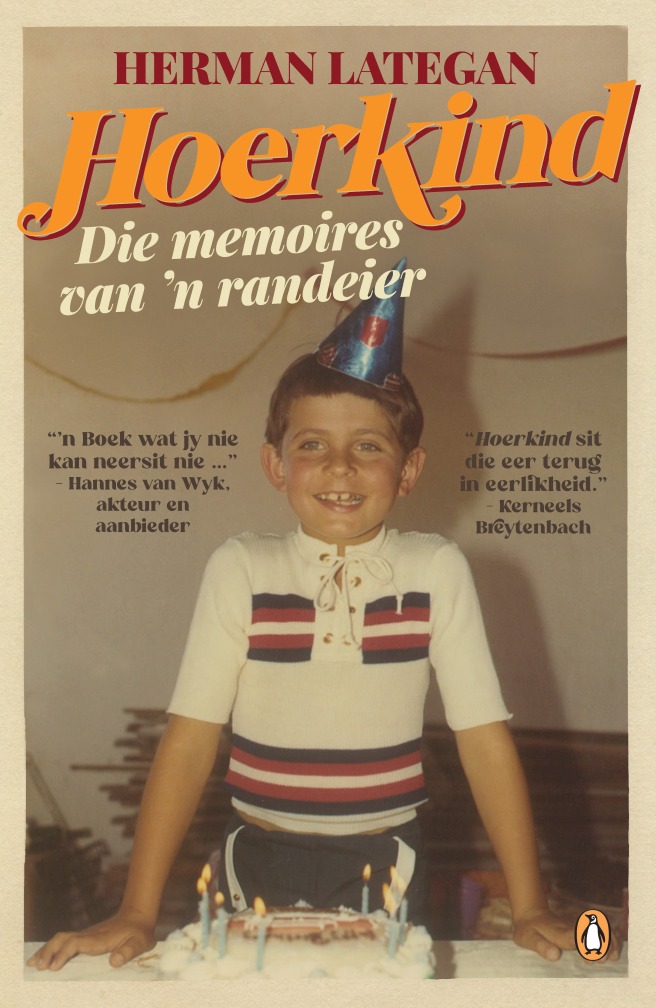
When I first read about Herman Lategan’s book Hoerkind, Die Memoires van ‘n Randeier (outsider) I realised I knew nothing about his life. When I was asked to chat to him for the Pretoria Exclusive Books launch earlier, I immediately said yes.
During the first reading of the book, my heart stopped several times and I rushed through it at breakneck speed. When I said I didn’t know anything about this beautiful boy, that wasn’t the half of it.
Because Herman lives in the Cape and now writes mostly for Afrikaans media, I only met him quite recently. Once people knew I was talking to him, lots of little titbits were recycled but I’ve always had a rule about gossip, unless something or someone has done something to me personally, I don’t take much notice. Life’s too short.
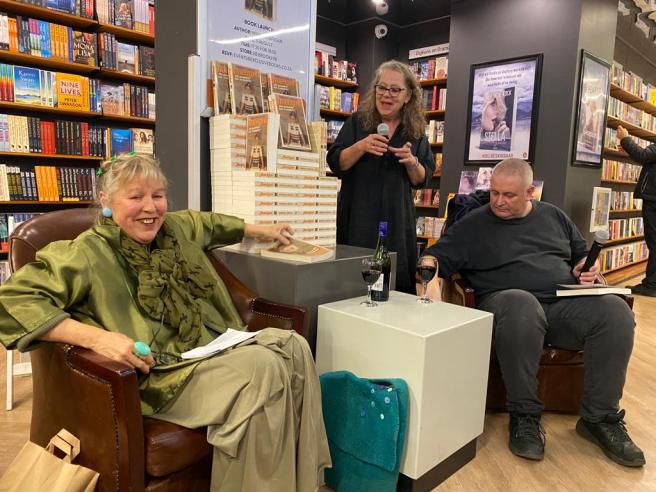
I was slightly worried because I know Herman struggles emotionally and has addiction problems but on the night we had our conversation, he was exactly who I thought he would be. He was kind and funny and comfortable talking about what was a really challenging life ̶ and I don’t know many who would have sailed through it like he did.
And if that implies that it was easy, not at all. But he has a will to live, to make it and in spite of those who put him down throughout his life, he is determined to survive. It’s that bravado and courage, but also the vulnerability that caught my attention the first time we met. I think he felt it, because I knew from the start, Herman would be as charming as he always is when the two of us bump into one another.
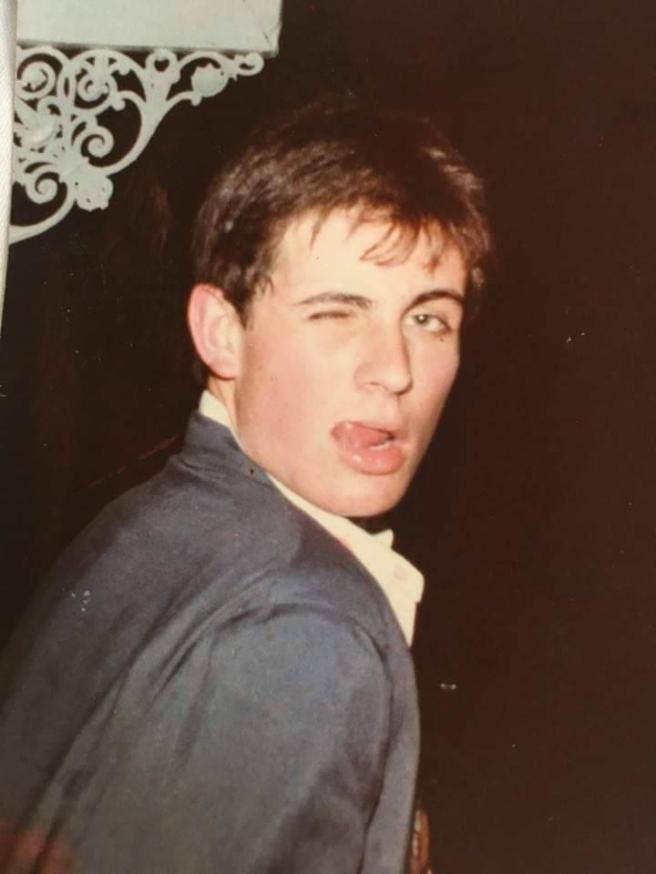
And he was. Not that he didn’t shock his Pretoria audience with his salty tongue, but with a title like Hoerkind (Whore Child), they would have expected that and we were all adults in the room.
Back to his story. At a second reading I could sit back and appreciate the life he had tried to navigate, the many angels he had watching over him (most spotted by him) in a life where he must have believed evil triumphs over goodness. It really takes your breath away.
There’s much about the book that I loved beginning with Herman’s voice. Like me, he started out writing in his second language (English) mainly because he had turned his back on anything Afrikaans, because it was there that he felt he received only harshness.
But in more recent times he has embraced his mother tongue and anyone who experiences his way with Afrikaans words and stringing words together, will know it’s where he belongs. It comes naturally, without pretence or a dictionary at hand – or that’s how it reads.
And because he has written the book in almost choppy chapters, allowing the events themselves to dictate, it’s an easy read. It fluctuates in mood and tempo and while much of what he has experienced has been harrowing, it is through his ability to find people who will embrace him, even adopted families who protect him, that he manages to forge ahead and achieve a life that would be admirable even without the hardships.
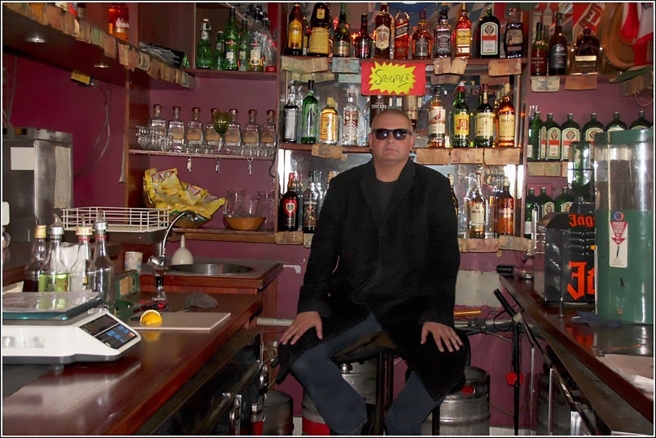
Understanding that he has had to do it all himself and that he knew instinctively when and where to turn for help, you also understand why he is such a survivor. Many in these circumstances would have become completely dependent on others. I don’t think he was ever allowed to do that. He had to fight his way through, go and find the answers of his neglectful parents for himself so that he could stop being the victim and forge a life that is completely reliant on his own talents – and there are many.
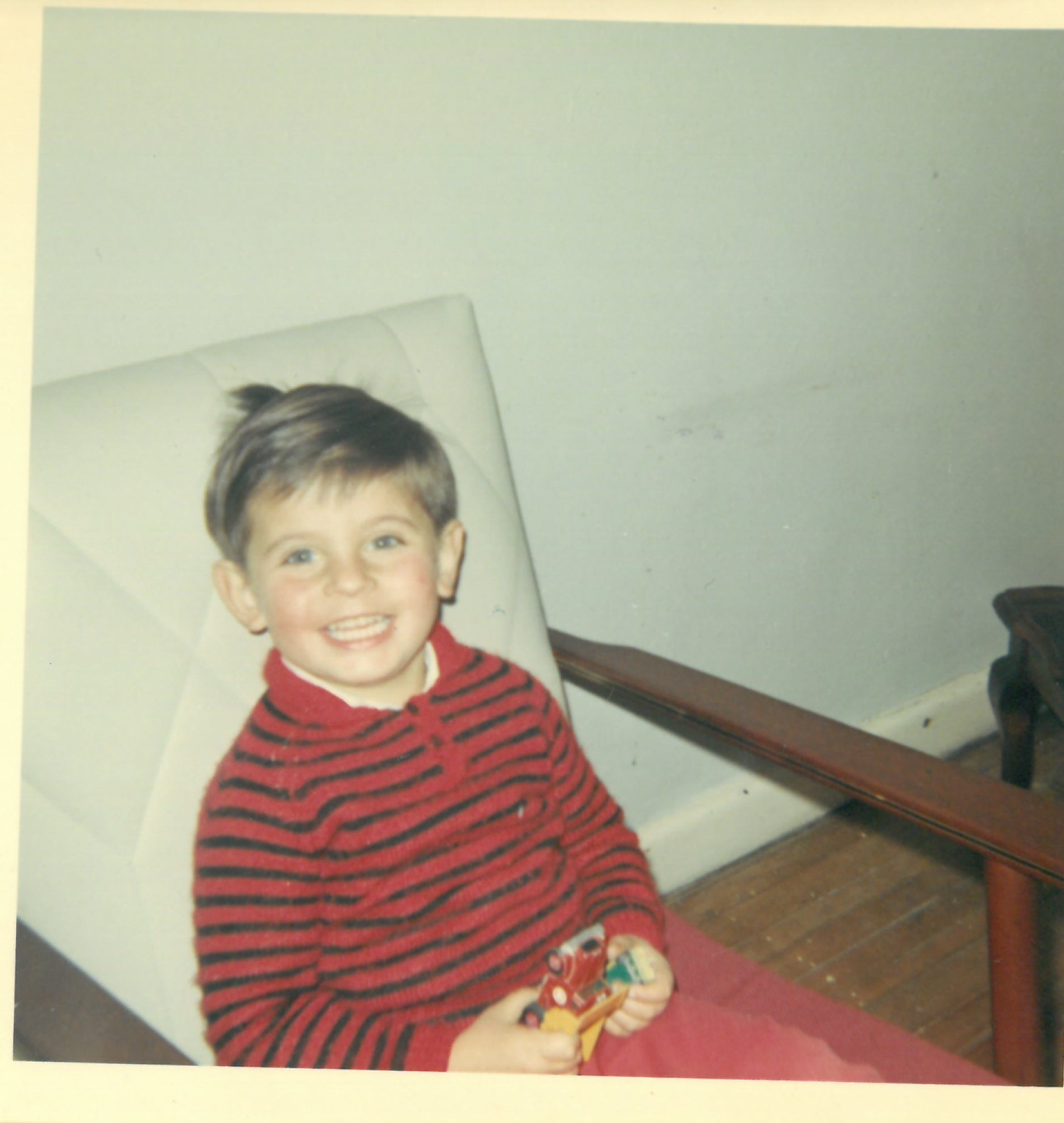
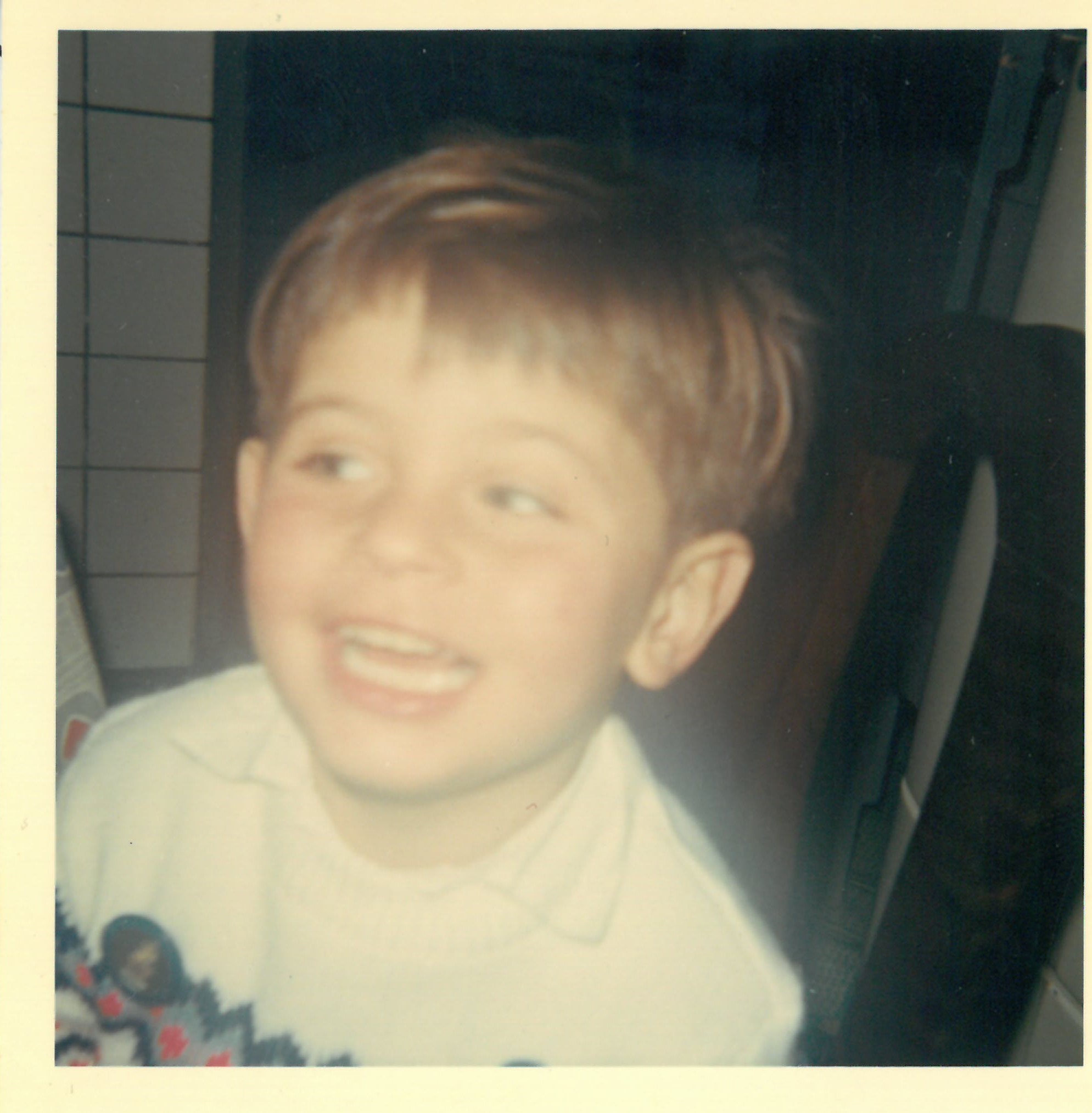

What’s not to love and hold?
That is exactly what he has done. Does he regret not having parents who were present in especially his young life? Of course, who wouldn’t. Is he still sad about that? Yes. And that’s never going to pass. But what he hasn’t done, is to feel so sorry for himself that it paralysed him.
He’s not that patient. Life isn’t going to pass him by. He has received as much joy as sorrow and he has decided to focus on all of it, hence the book.
He appreciates the people who have reached out a hand, but he hasn’t allowed that to define him. As many who gave, there were others who took away. He understood this balance and has probably always been battling the percentages, even putting himself at the coalface of his fears.
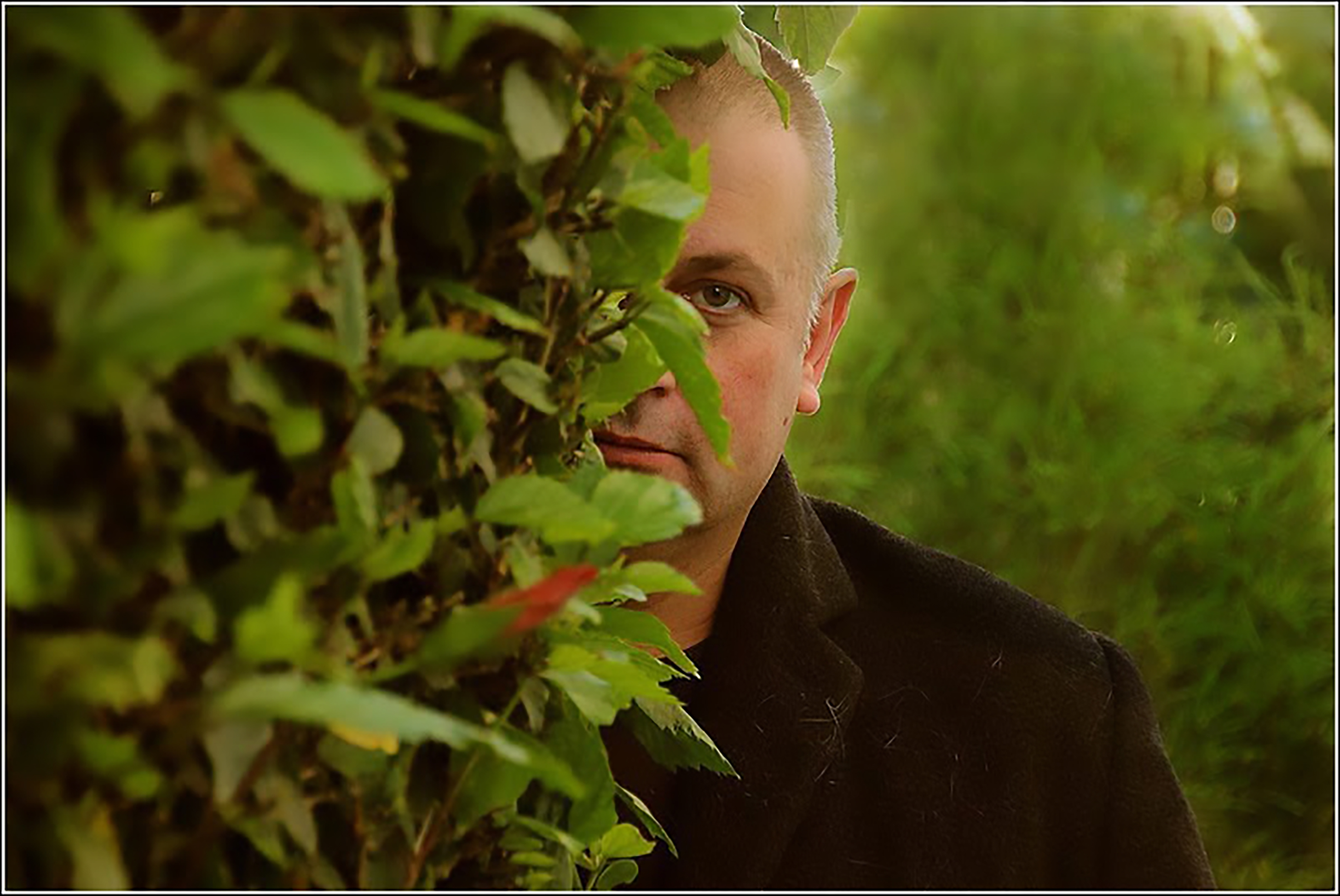
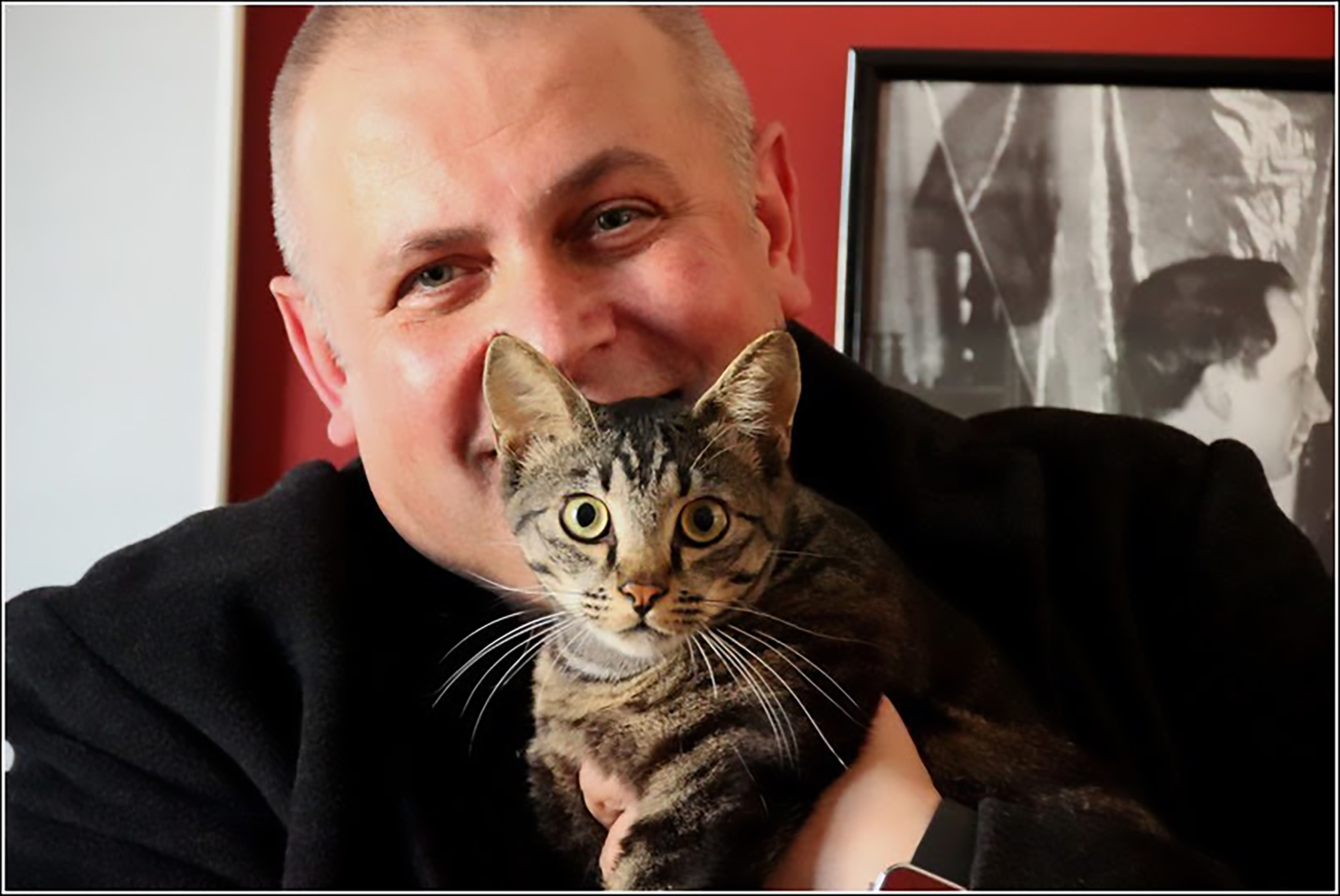
The Herman Lategan I know. Now you see him now you don’t …
So far he is winning and that’s the way he would say it too. He doesn’t take life for granted, that luxury has never been part of his life ̶ and in retrospect, he will probably recognise it as a gift. It’s how he kept jostling ahead.
Because Herman is as adept in English as Afrikaans, I’m holding thumbs that he rewrites/translates the book into English. It’s been hugely successful and a wider audience is certainly out there ̶ waiting.
Since this writing, the book is being translated, so those of you wanting to read it, hang tight.
It’s that radiant a read.
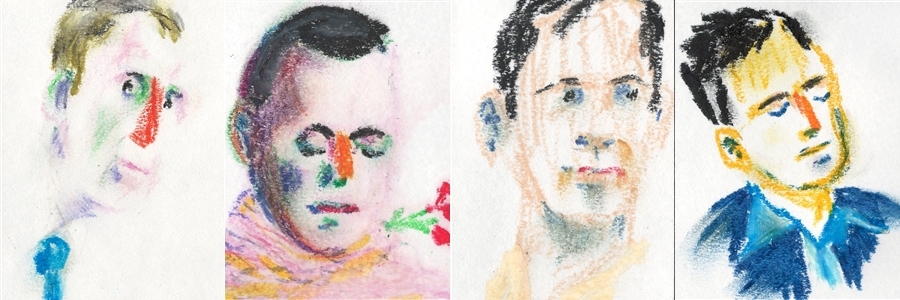
Loved this. And so glad I was there for your interview.